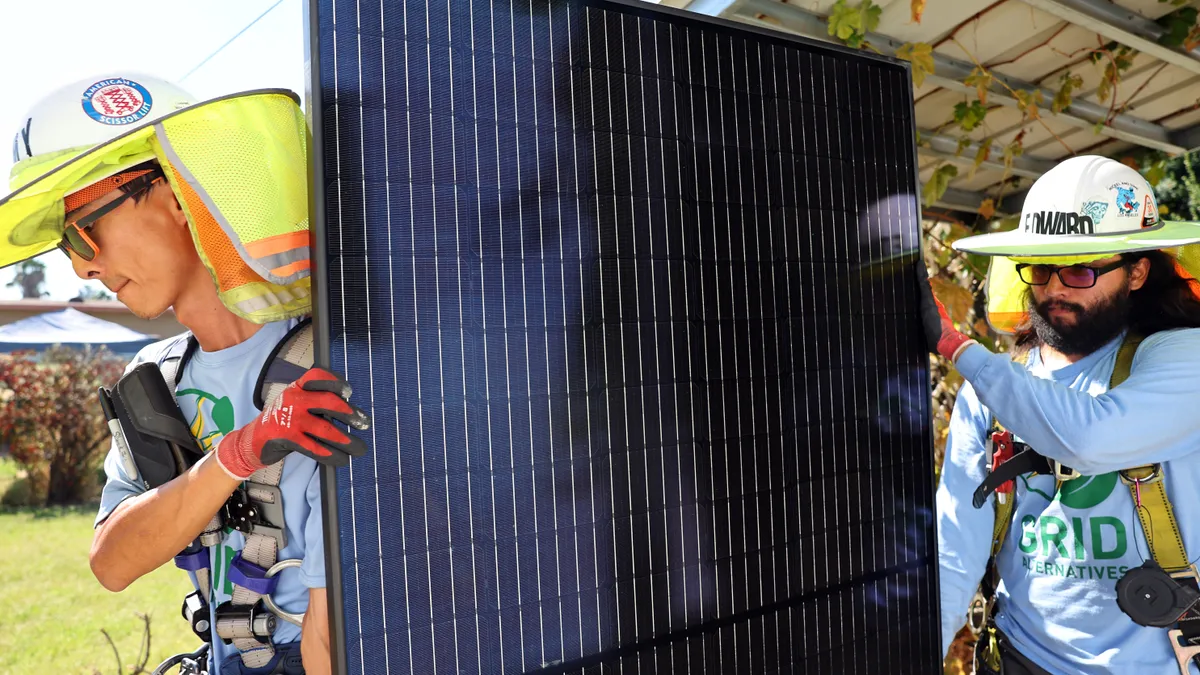States that took policy action on distributed solar in the second quarter of 2024 most commonly focused on net metering rules, which accounted for 35% of those actions, according to a report released Wednesday by the NC Clean Energy Technology Center.
Last quarter, 44 states plus the District of Columbia and Puerto Rico took 182 policy actions regarding distributed solar, the NCCETC found. Sixty-four of those actions focused on the state’s rules concerning distributed generation compensation, or net metering, while an additional 16 actions were taken to study distributed generation valuation.
NCCETC found 163 state-level policy actions in the first quarter of this year, or a quarter-over-quarter increase of 11.6%.
The policy actions the report looked at concerned distributed generation compensation rules, residential fixed charge or minimum bill increases, community solar, distributed generation valuation or net metering studies, third-party ownership of solar, residential demand or solar charge, and utility-led rooftop PV programs.
Policy actions regarding distributed generation compensation rules, residential fixed charge or minimum bill increases and community solar were the most common, accounting for 84% of total actions.
“States are beginning — or rather, re-beginning — to study net metering programs, outside of the valuation of distributed solar,” Rebekah de la Mora, senior policy analyst at NCCETC, said in a release. “These investigations focus on program redesigns and successors, looking at the policies, economics, results, and future projections of net metering programs.”
“Some of these investigations are already baked into law, like in Puerto Rico, while others were proposed by newly-passed bills, such as those in Delaware and Washington,” de la Mora said.
Another trend from the previous quarter was states “examining [the] interplay of Inflation Reduction Act funding and solar programs,” NCCETC found.
Related policy actions in the second quarter include the California Public Utilities Commission opting to direct Environmental Protection Agency Solar for All funding to its Community Renewable Energy Program, and lawmakers in Colorado specifying that limits on subscription charges for community solar garden program will “vary based on whether and how the community solar facility is using IRA funding,” the NCCETC report said.
Other significant actions assessed by NCCETC were Alaska passing community solar legislation, Kansas expanding net metering availability and Connecticut and Washington initiating net metering studies.
California, Arizona, Connecticut, New York, Pennsylvania, Massachusetts and Virginia took the most action on distributed solar, NCCETC said. Each of these states took six or more policy actions on distributed solar last quarter.














